My Candidate Statement and Professional Info
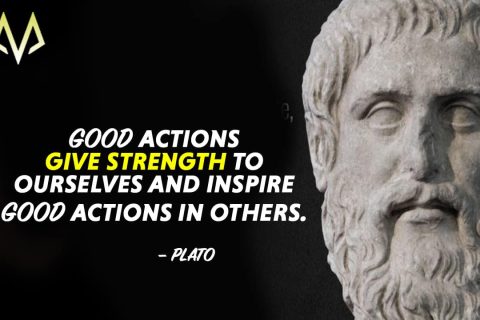
The ISDT program at Sam Houston State University has brought me far and delivered a wealth of tools, incentives, and ideas.
I have learned much about working in a team setting and as a team leader. I have been introduced to many technological innovations and, more importantly to me professionally, how to apply the technology in a learning environment.
I started my academic career as a mechanical engineering student and have a natural aptitude for all things mechanical and technical. I could have finished my bachelor’s in engineering, but I felt compelled to move toward the education side of engineering. Following my peers’ advice, I completed a degree in engineering education and a master’s degree in education technology. I needed this to become proficient in academic makerspaces, laboratories, and writing training modules. I learned quite a bit about presenting my ideas and working with other groups. I reached a high pinnacle in my career and was sought after for technical advice by my peers.
Around 2020 the Covid-19 pandemic gripped the nation. Academic laboratories were hit hard with restrictions. I had these great makerspaces and laboratories but no users. We filled the time making thousands of pieces of PPE and equipment for the local and regional medical services. It was a great experience, and we all learned how to transform idle spaces into functional spaces during a pandemic. Still, I missed working with my students, my team, and other departments. I had a lot of time on my hands and reflected on areas I had always wanted to pursue, such as ethics, soft-skills training, hands-on training, safety, and research. I felt a change was needed; fortunately, I was fully eligible for retirement in my fifties. An even more significant change was my need to learn how to do top-tier academic research. I talked to many faculty, friends, and colleagues about the path I was seeking. After much discussion, research, and reflection, I decided to pursue my doctorate. Now that I was committed, I needed to find a program that my needs. I wanted to do research, design a curriculum for vocational learners, and use the best technology available. I found the ISDT program at Sam Houston State to be an ideal fit.
I have no formal classroom teaching as most of my peers in my cohort. I have never created lesson plans for 5th graders or managed a library. I learned a lot of these concepts from my bachelor’s and master’s degrees, but I have never been a public school teacher. What I have done is managed teams, projects, and facilities. I have sat on committees, boards, and working groups. I have met tens of thousands of students and taught them how to make things with tools, technology, and entrepreneurial ideas. I have run summer camps and presented ideas to my peers, but I have never formalized my teaching, research, or ability to consult an organization correctly. Since pushing forward with my doctorate, I have learned much to become an organized scholar and researcher. This makes me very happy and very fulfilled professionally.
So, what to do next? Of course, I will complete my doctorate and relish all the hard work needed. I know I can now research a subject, analyze what has been studied, and identify areas lacking. I have developed goals and focus areas that mean something to me and hopefully will benefit the engineering education community at large.
Mission Oriented - Engineering Education - Vocational Training - Management - Leadership - Ethics in Education
Jim Wilson - Video CV
I want to merge learning design, technology and hands-on training!
My Goals
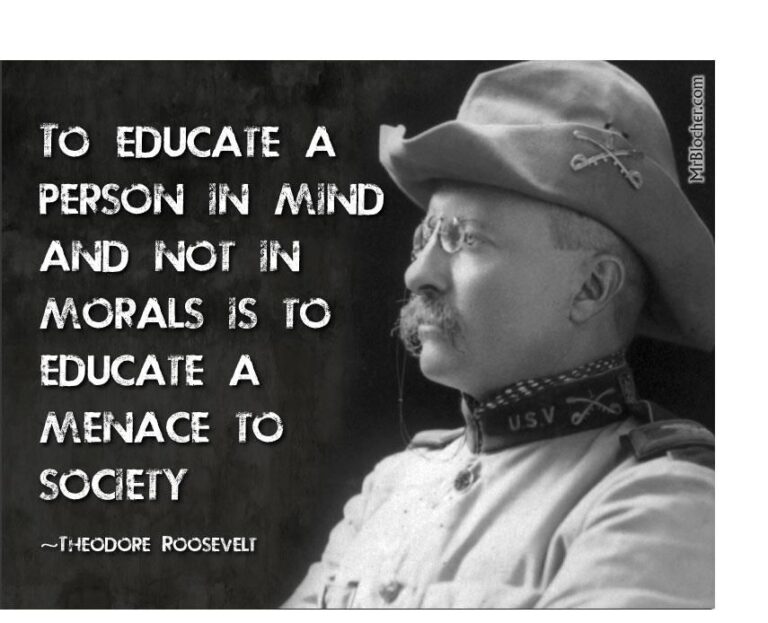
Creating goals means you have to have something you want to achieve. A goal is a result that points to the future.
My first goal is to wrap up this doctorate and graduate. I have begun researching references and sources for two possible dissertation theses. I want look at another year of service to a different education organization. I also have two research proposals in the early stages that I want to submit to conferences before Fall 2023. This goal will be my most ambitious until it’s finished, finalized, and out the door. FIN!
After completing the doctorate, I aim to establish an education consulting business. This business will primarily consult with school districts, colleges, and even local companies on how to develop makerspaces and vocational training programs. In this effort, I wish to bring ethical practices to my customers. In particular, I want to instill an ethical policy of how education entities pursue projects for Capstone and extracurricular activities.
A long-term goal of mine is to write two books, a collection of science fiction short stories, and a group of case studies I plan to research on undergraduate engineering students. To be good enough to write a book, I will need to expand my research areas to include many more universities and how they work with first-year engineering students.
Finally, I plan to utilize my blacksmith shop to return the lost art of the Master training the Apprentice. I have a well-equipped shop with several training stations. Following the ideals of the Mike Rowe Works Foundation, I want to help educate those who do not want to go to college but want to have a valued profession.
My Focus Areas
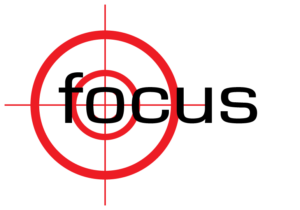
A Focus Area is a path you want to spend your time doing. A Focus area is all about the present.First, I want to focus on how we apply ethics to engineering education.
- How can we, as educators, use an ethical curriculum to design projects?
- How can we teach ethics at all levels of education?
- Create ethics committees as a standard for any school.
Second, I want to research ways to build or convert academic institutions’ facilities into Makerspaces. There are three basic types of makerspaces, and I want to promote all three:
- Full-featured makerspaces with training curricula
- Library Conversions
- Shop focused
Third, I want to establish curricula and appropriate learning frameworks for teaching Soft Skills to any level of student. On this subject, I plan to write several research proposals in the coming years.
- Conflict resolution
- Motivation
- Time Management
- Leadership
- Creative thinking
Fourth, I want to establish curricula and appropriate learning frameworks for teaching Hard Skills to any level of the student. Not only do I want to focus on engineering and vocational skills, but I want to create a self-help guide for students to use on their own.
- Hand tools
- Power tools
- Bench tools
- Machining
- Welding
- 3D Printing
- Robotics
- Coding
- ElectronicsC
Specifically, I have learned much in the way of research that I truly believe will help me in my focus areas. I was pretty good about finding information, but now I have a good grasp of how to research specific information and how to design a study to obtain this information.
I can be a technical consultant all day and tell others to do this and that, but now I am confident in explaining why they need to do that. I can cite studies and research, I can develop needs statements and training courses to teach learners.
There is an intersection that must be maintained as a scholar, a subject matter expert, and a designer of training. That nexus is establishing your focus and how to use the ethical scholarship to obtain it. I feel I am getting there and I am comfortable with this feeling.
My Knowledge & Expertise
I have amassed a pretty decent amount of experience working in a higher education environment. Instead of traveling around a geographic area and finding new companies to work for, I focused on a career at Texas A&M University.
I started my journey at Texas A&M as an electronics technician apprentice to a journeyman and master electronics technician. As I learned from a journey and then another master technician, I developed many soft skills that served me well. These skills, such as resourcefulness, goal orientation, and project management, helped me become a better mentor and teacher. I wasn’t a traditional student who later became a conventional teacher. I was an ancient tradesman learning daily as the need arose. I was working with seasoned veterans of the trade to become a master journeyman. Sure there was some classroom time; I had to learn trigonometry, algebra, and logarithms from a math teacher. But everything else was a hands-on, word-of-mouth, on-the-job training regimen. To this day, I still practice my electronics skills and continuously look to faculty and students to keep me interested in my actual trade. I have taken the trade skills I have learned as an electronics technician and parallelled them with what I am now teaching to my blacksmithing apprentices. In my tradesman journey, I practice the Japanese mantra of Kaizen, which is the art of continuous improvement. I will also see to practice Kaizen in everything I do. All rivers flow, and nothing remains in stasis that wishes to improve.
As my professional journey continued, I became adept at people management. I have supervised anywhere from 1 to 150 employees, and I know that most managers don’t know enough about what they are doing. In learning to manage people, I developed a strong sense of ethics. I learned from some brilliant and capable people that if you create a strong ethical core, you will do the right thing more often than not. This core not only helps me manage, but it makes me a better leader. This core is also a continuous learning experience, but I seek it out daily. I know that I must seek examples of ethical behavior, especially in learning design, where the learner depends on you to guide them.
The latest leg of my professional journey led me to design, build, and stand-up laboratories, fabrication shops (Fab shops), and four makerspaces. You must have strong management and leadership skills in any shared service facility like this. If not, your facility is doomed to fail. I have seen it so many times. I could not have accomplished what I have done in this area without the lessons I learned early in my career. I succeeded because I have developed a substantial value for ethics. I have grown because I have a solid trade background. And I have succeeded because I learned to manage people, places, and things as a leader from some of the best people.
I must find ways to help others learn what I know. I will need help from conventional teachers to get my non-traditional message of vocational training out. I must gather more expertise in writing research articles to gather the attention of my peers and conventional-thinking colleagues. But most importantly, I must hold to a high ethical standard as I learn and teach these ideas and build these new facilities. How can I, as a master tradesman and leader in the field of maker facilities, get this message out? Finding the ISDT program at Sam Houston has been one of the best decisions I have made since I turned 50. This program and the people I have met have given me so many tools and experiences to learn.
Becoming a Better Scholar
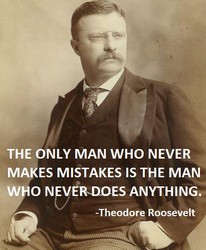
Scholarly activities are something I want to do, not just need to, but want to. If you don’t want to be a scholar, don’t pursue a doctorate. Especially an education doctorate.
Another thing about becoming a scholar is looking to the past to get to the present. You must also be humble and know that you may not be the most intelligent person in the room; however, becoming an active scholar will get you there.
To pursue being a solid scholar, you must read. Read a lot. I read 1-3 research articles a week. I am a news and science techie. On top of that, I read science fiction, fantasy, and military dramas. Read, read, read. I don’t think reading the Twilight series counts.
Reading is essential, but reading a variety of subjects, even unfamiliar topics. Don’t be afraid to read or view opposing views. You cannot correctly research your case or become an expert unless you know the other lines of thought.
My road to becoming a better scholar includes reading, observing odd topics (to me), and looking at the other side. To round it all out, I have to be able to put my research and thoughts into some form of presentation. Be it a proposal, research article, video, or PowerPoint; I must take what I learn and present it to others. The best way to become an expert in any field is to express what I know to others. Find out where I am lacking from peer review and feedback, and fill in the gaps.
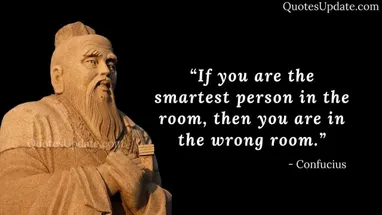
Lao Tzu, the author of the Tao Te Ching, wrote: ‘A scholar who cherishes the love of comfort is not fit to be deemed a scholar.’ This Taoism adage was written 2500 years ago but still has great meaning today. Scholars must routinely challenge their own beliefs, expand their knowledge by reading and observing, and above all exercise the brain.
